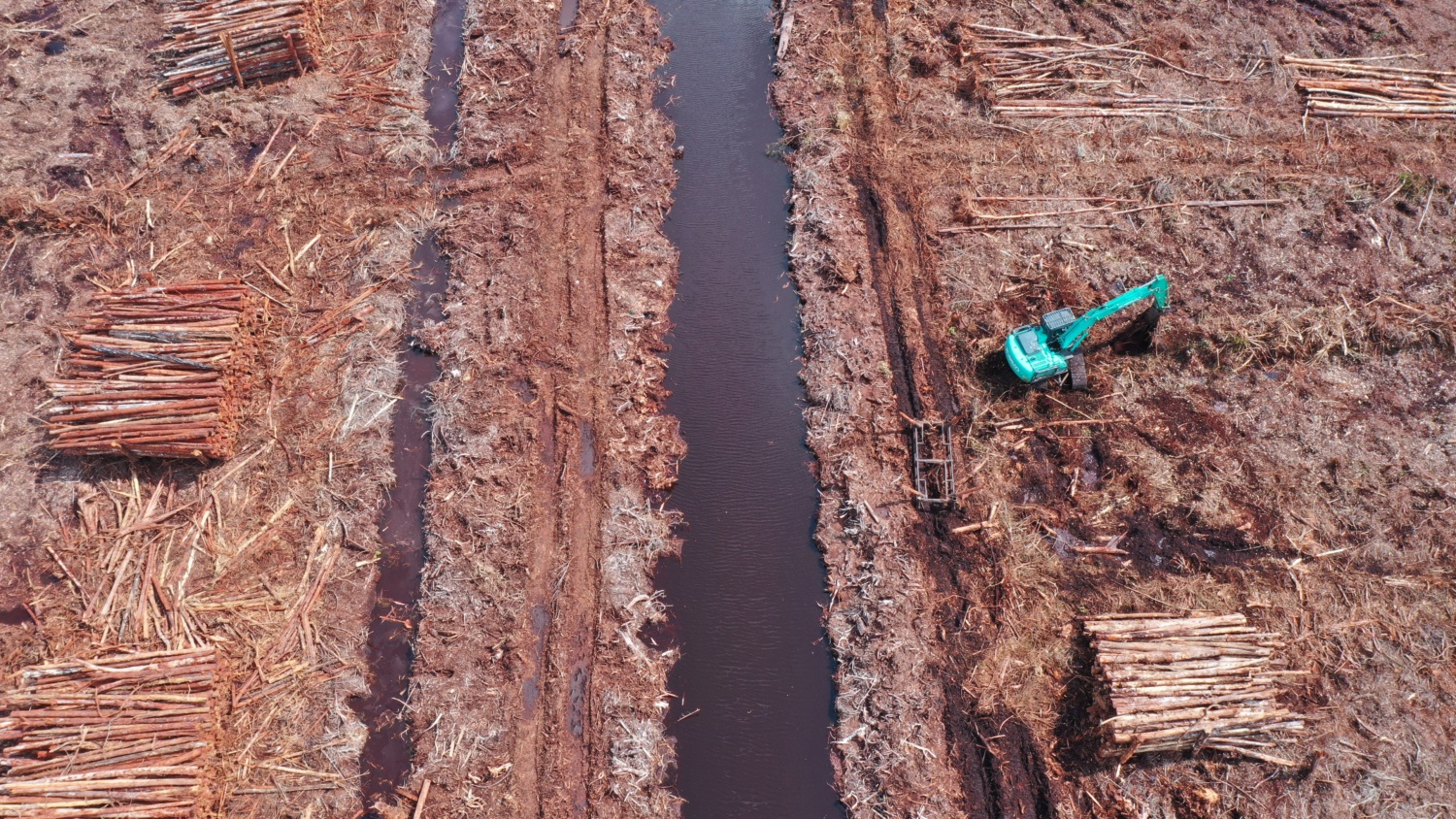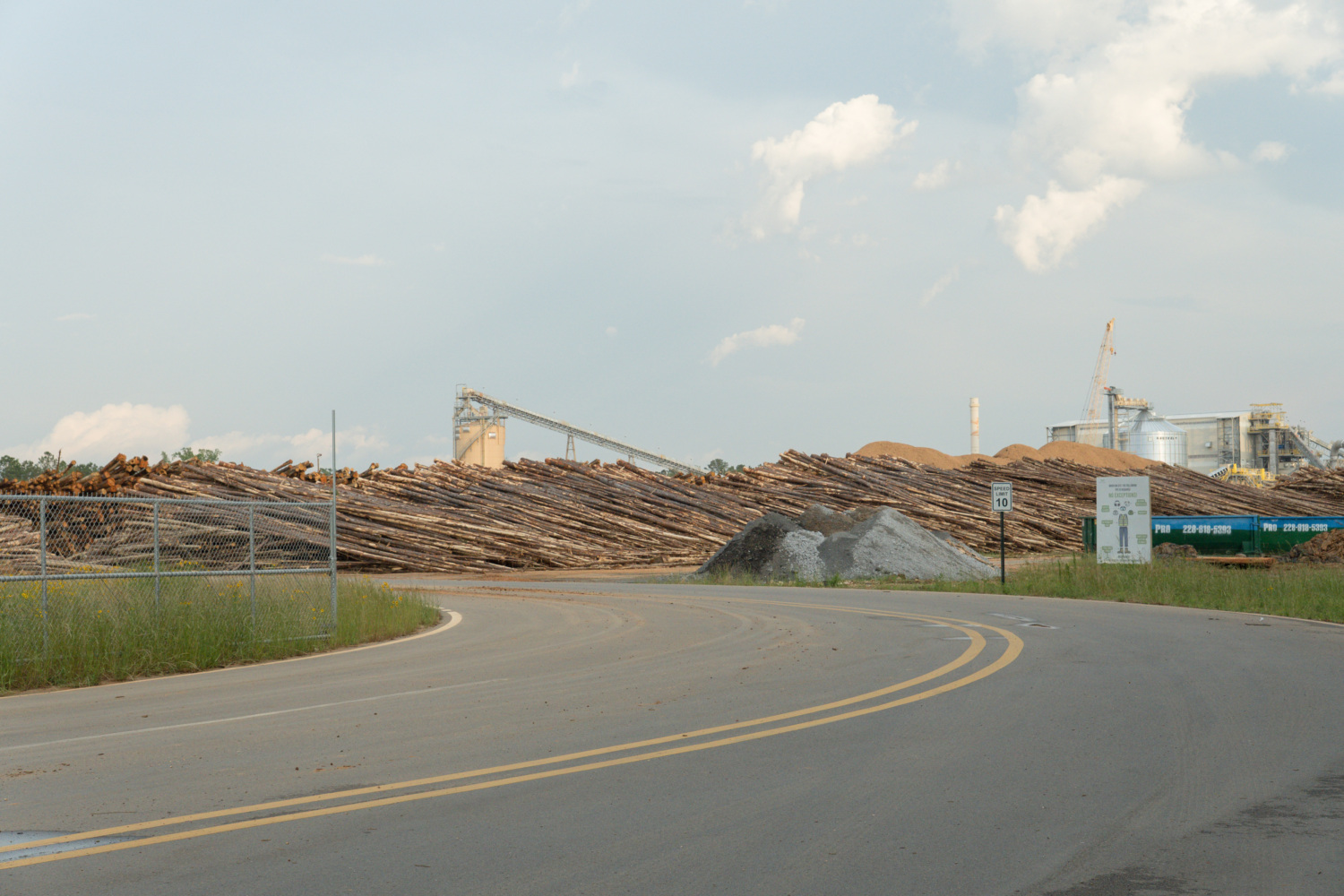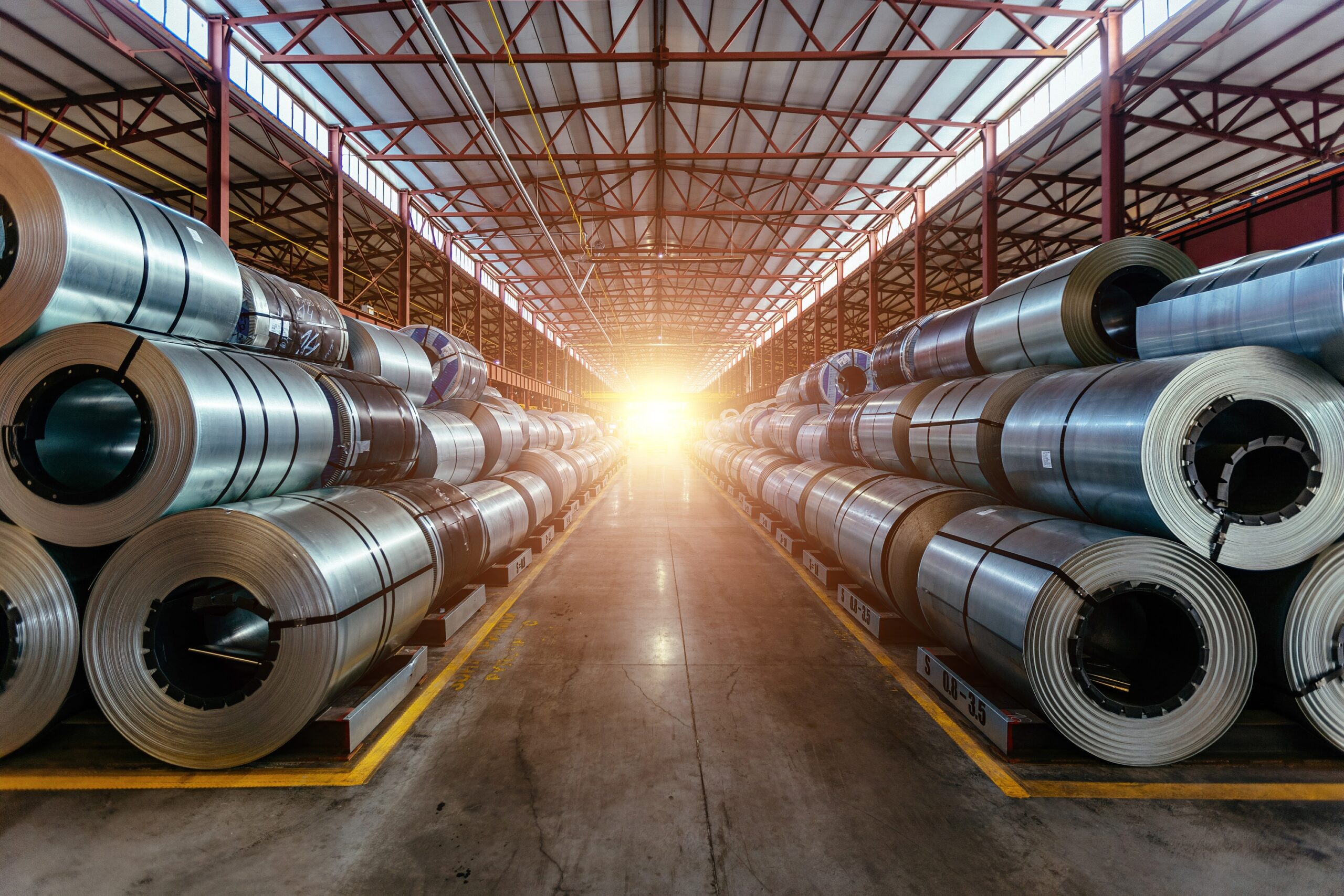
Shareholders Push Tyson on Water Pollution
Tyson’s track record as one of the nation’s top water polluters is once again coming under fire from shareholders at the company’s annual meeting this year. Concerned about the negative impacts on workers, farmers, and communities, as well as the risks to Tyson’s ability to do business in the face of public scrutiny, shareholders are pushing the company to adopt and implement a water stewardship policy to mitigate the chronic water pollution being caused by its supply chain (full details of the concerns can be found here).
This is the fourth consecutive year Tyson Foods is facing a shareholder proposal concerned about the company’s water pollution, with last year’s proposal receiving support from 63 percent of non-family shareowners. The latest shareholder memo highlights a litany of fines the company has faced for violating clean water regulations, growing public backlash from communities where Tyson is seeking to do business, the public health consequences for workers and community members exposed to water contamination from Tyson’s supply chain, and the risks to Tyson’s brand and customer trust resulting from controversies concerning water pollution.
Last year, Tyson announced a commitment to improve farming practices on two million acres of grains in the U.S. by 2020 and recently released a partnership with the Environmental Defense Fund to begin piloting this commitment on 500,000 acres. While an ambitious and important goal, Tyson to date still has not released specific details on how this on-paper commitment will translate into real improvements on the ground. Meanwhile, the company appears to be operating business as usual while water pollution continues to leach from its supply chain. In a recent report from the Environmental Integrity Project, Tyson was found to have the most processing plants operating in chronic violations of clean water regulations, with 26 plants found in violation of their monthly water pollution limits between January 2016 and June 2018.
Investor and public concern about the uncontrolled environmental devastation caused by meat is on the rise. Last week, over 80 global investors representing more than $6.5 trillion sent letters to six fast food companies that buy large quantities of meat, asking them to set clear environmental requirements for their meat suppliers to reduce water and greenhouse gas pollution. Walmart, which is Tyson’s single largest customer, has set ambitious greenhouse gas reduction goals for its supply chain through Project Gigaton, which call for supplier compliance.
In addition to water pollution, the farming practices throughout the Tyson supply chain are a major contributor to climate emissions. Given that the limited window that climate scientists have assessed to curb emissions and avoid the most catastrophic impacts of climate change, addressing the impacts of meat production are a vital part of our response to this crisis. Producing meat has a larger environmental impact than nearly any other human activity, with the top meat and dairy producers – including Tyson – ranked alongside the largest oil companies as top corporate contributors to greenhouse gas emissions.


